Marxism and Literary Theory
Synopsis
The Marxist view of literature, which found expression through the works of Christopher Caudwell and other writers of his group, seems to have been consciously ignored or brushed aside as being merely " enthusiastic " and of no consequence by a majority of the critics and scholars. Concealed behind this apathy and indifference is an ideological hostility towards Marxism which became very fierce after the second World War. This study aims at examining the specific theoretical contribution to the evolution of a radical literary perspective made by the Marxist critics in England from Christopher Caudwell to Arnold Kettle. Although it is primarily an attempt to make an objective assessment of the total achievement of these critics, this study has also been governed by an implicit concern to understand the relevance of their contribution to the broader intellectual and cultural issues of our time. The assumption throughout has been that a critical outlook has a meaning and substance mainly in terms of its engagement with the live intellectual, moral and social issues of the historical period in which it emerged. A usual weakness in early Marxist attempts to develop literary theory and principles of criticism was that these were put forward as abstract formulations under the pressure of immediate political needs and cultural requirements of the working class or as weapons and slogans to be used in bringing about a revolution in society. This dogmatism and narrow partisanship remained a noticeable feature of a good deal of Marxist literary criticism in the late nineteenth century and the first two decades of the twentieth century. This did not allow an adequate recognition of the complex nature of social relationships in whose midst specific ideological and political factors interacting with economic basis as well as with one other another assumed a concrete shape and crated the totality of a growing and changing social environment. The English Marxist critics responded with extraordinary seriousness to the questions thrown up by their particular post-First World War social environment. Their confrontation with the cultural challenges of the day reflected their deep urge to understand the existing literary trends and know how far they were shaped by the peculiar historical circumstances in which the literary works embodying those trends were being produced. It would be erroneous to view these critics as academic Marxists whose tools of analysis and interpretation were forged in the hallowed precincts of University departments on the basis of a facile reading of the philosophical and political discussions of Marx, Engels and Lenin. Marxist criticism in England from the beginning to the early fifties offers an extremely stimulating and useful view of the cultural and literary developments in England and gives a literary theory far more satisfactory that either the one propounded by bourgeoils literary critics who used a nineteenth century perspective or those whose frame of reference was the creative writing emerging out of the contemporary social crisis. How well the Marxist Approach has grasped the character of the literary challenges prevailing at the time and what are the basis theoretical questions raised in this body of criticism are the aspects to which the present study has devoted special attention.
Read more
22.50
20.25
$
25.00 $
Free delivery Wolrdwidе in 10-18 days
Ships in 1-2 days from New Delhi
Membership for 1 Year $35.00
Get it now and save 10%
Get it now and save 10%
BECOME A MEMBER

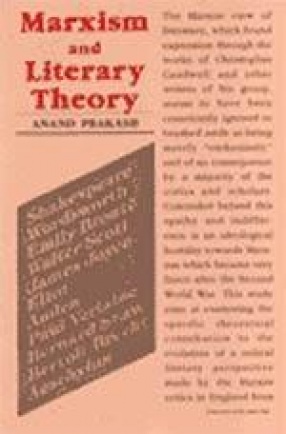
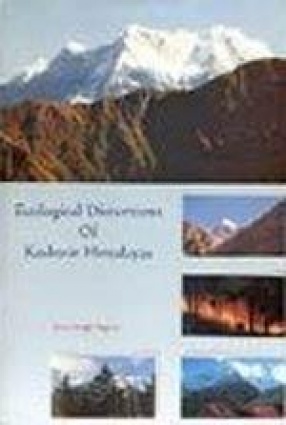
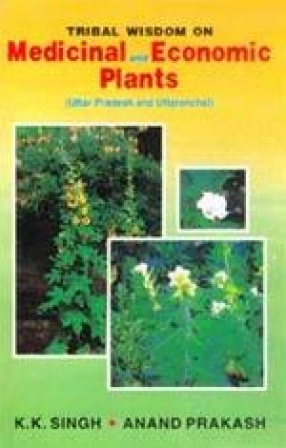
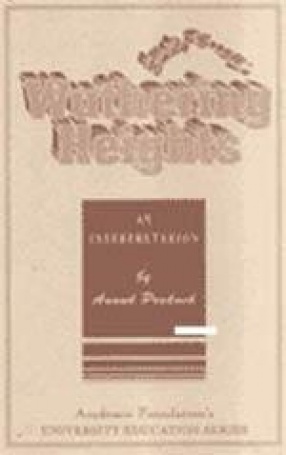
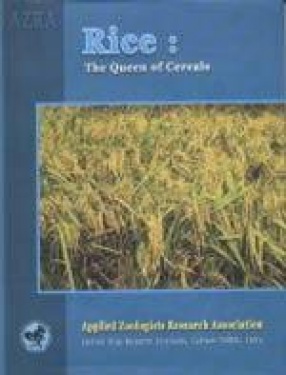


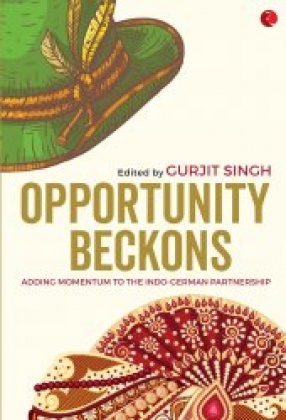


Bibliographic information